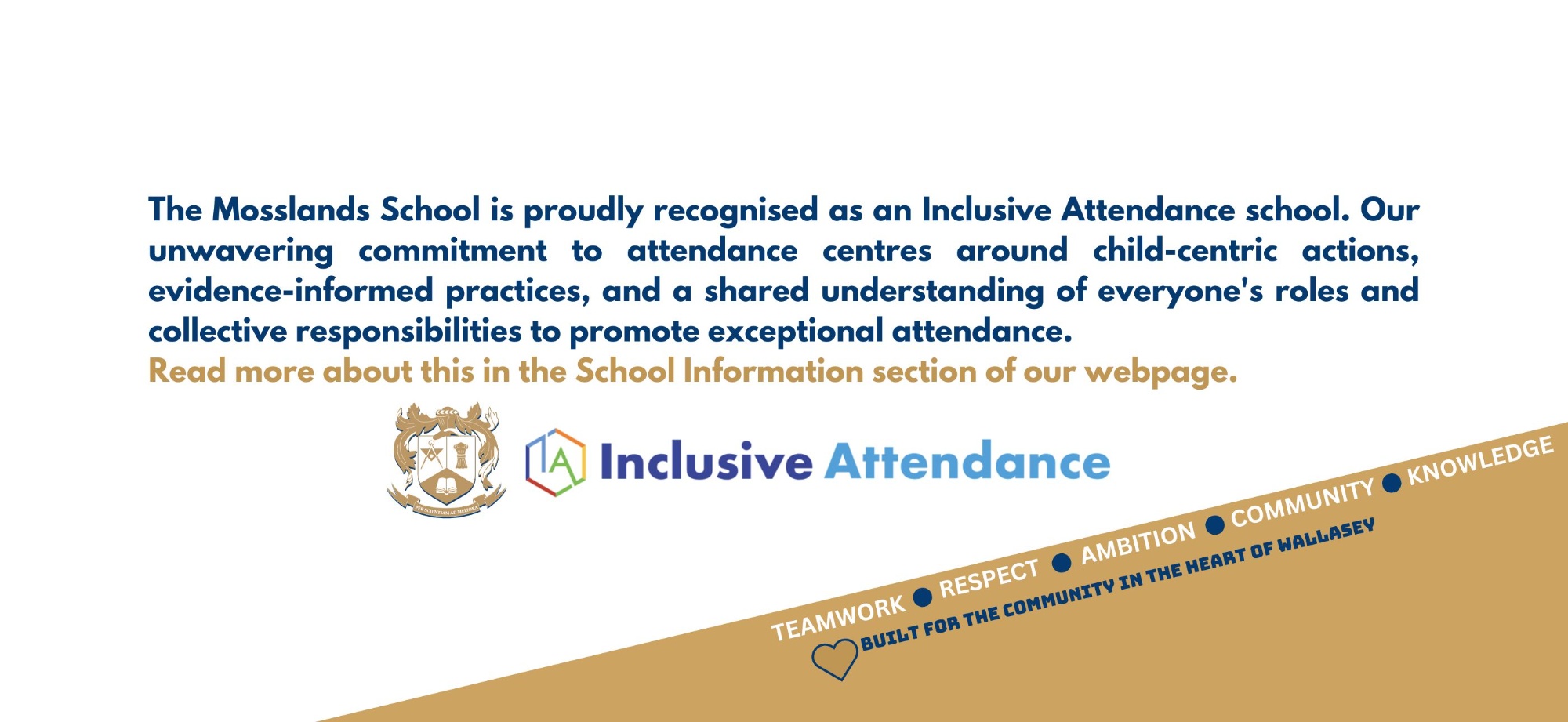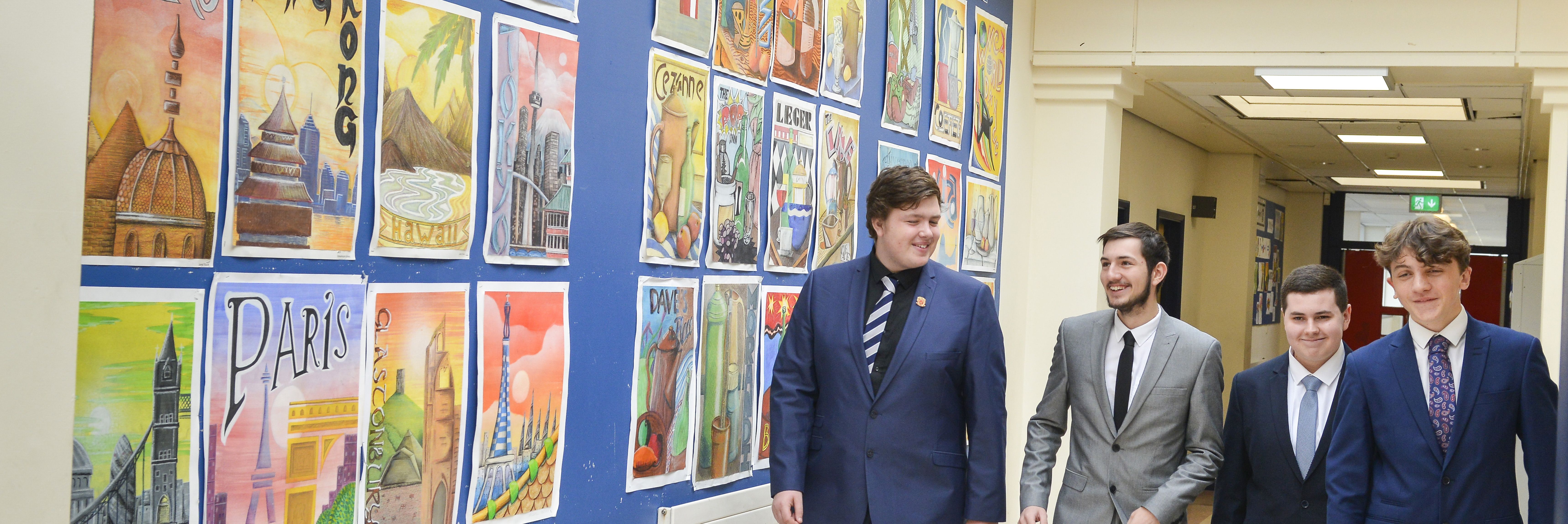The Knowledge and Skills overviews show the specific philosophy and religious studies content students will learn in each unit of study throughout the year. These documents outline both the substantive knowledge (philosophical concepts, religious beliefs, and ethical theories) and the disciplinary skills (reasoned argument, textual analysis, and evaluative thinking) that students will develop. Each unit is broken down to clearly identify what students need to know and what they should be able to do upon completion. Through the systematic development of both knowledge and skills, students build philosophical inquiry, religious literacy, and ethical reasoning appropriate to their stage of learning.
How did we get here?
| Unit Progress Criteria |
| Knowledge |
Skills |
- Non-religious answers to the question from philosophy, science, reasoning and
- Humanism.
- The Big Bang theory
- Religious responses to the question: Christianity, Hinduism, Islam. Varying interpretations of creation accounts from within the same tradition.
- Exploring reasons why so many religions have attempted to answer this question.
- William Paley’s Watchmaker argument
- Objections to Paley: Critics point out natural flaws and the role of evolution etc.
- Students to use accounts and theories they have studied to develop and debate their own ideas in answer to the question ‘How did we get here’?
|
- Recall the Christian account of creation
- Describe the big bang theory
- Explain Humanist beliefs about the origins of the universe
- Explain Darwin’s theory of evolution
- Evaluate objections to Darwin’s theory of evolution
- Explain Paley’s watchmaker argument
- Evaluate objections to Paley’s watchmaker argument
- Give your own answer to the question ‘How did we get here?’, using reasons.
|
Ways of Living – Christianity
| Unit Progress Criteria |
| Knowledge |
Skills |
- UK 2021 census and the implications of a drop in the number of people identifying as Christian.
- The influence of Christianity in the UK: Holidays, laws, education, church landmarks, and royal traditions etc.
- A brief history of the origins of Christianity: From Paul’s efforts amid Jewish persecution to modern day.
- Core beliefs and events in Christianity: The Trinity, Jesus’ crucifixion, Jesus’ resurrection and ascension to heaven.
- Core values in Christianity: Forgiveness, kindness, and faith.
- The Parable of the Good Samaritan, the Parable of the Lost Sheep.
- The local church and its impact on the community.
- Global Christian organisations and examples of impact.
- Festivals: Easter and denominational differences in celebration, the origins and meaning of Christmas.
|
- Recall recent census results and give potential reasons for the results
- Give examples of how Christianity influences life in the UK
- Understand where Christianity originated and how it became the main religion in the UK
- Recount details of the crucifixion, resurrection and ascension of Jesus, according to the Bible
- Recount parables from the Bible and explain the impact of these teachings on daily life
- Describe the impact of the Church on local and global communities, giving examples
- To give examples of how different denominations celebrate festivals such as Easter differently
|
Ways of Living - Buddhism
| Unit Progress Criteria |
| Knowledge |
Skills |
- The origins of Buddhism: Siddhartha Gautama left his royal life in search of truth, eventually achieving enlightenment by following the Middle Way.
- Three universal truths: Anicca (Impermanence), Dukkha (Suffering), Anatta (No-self)
- The Five Precepts - ethical code for living
- Meditation and the role it plays in the daily lives of both lay Buddhists and monks.
- Almsgiving and its significance, purpose and role in daily life.
|
- Understand the origins of Buddhism and the impact of the Four Sights Recall the Five Precepts of Buddhism
- Evaluate the impact of the Five Precepts and how they might influence daily life
- Explain the concept of impermanence and how this impacts how Buddhists view the nature of life
- To describe the role of meditation in Buddhism
|











